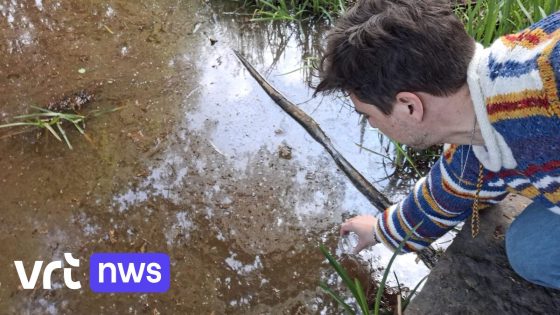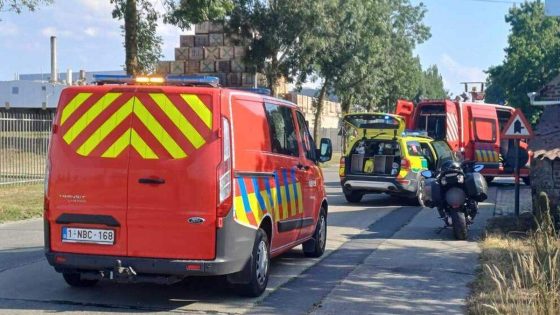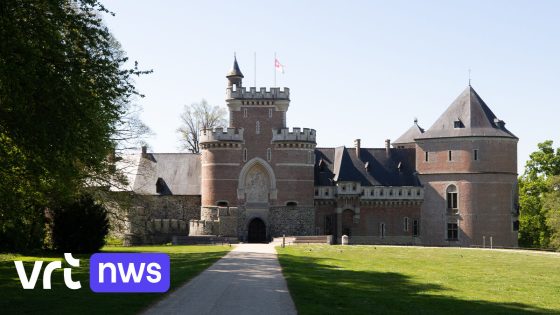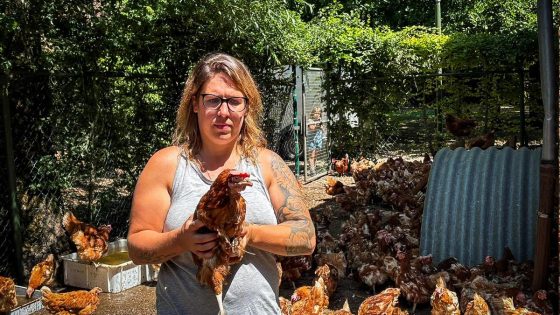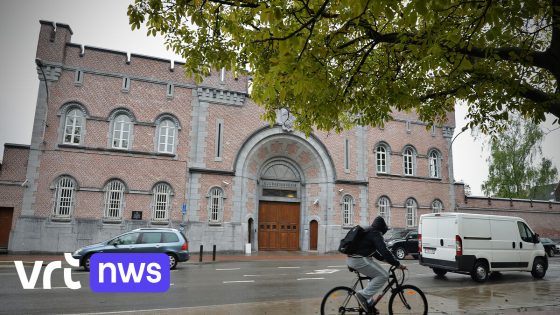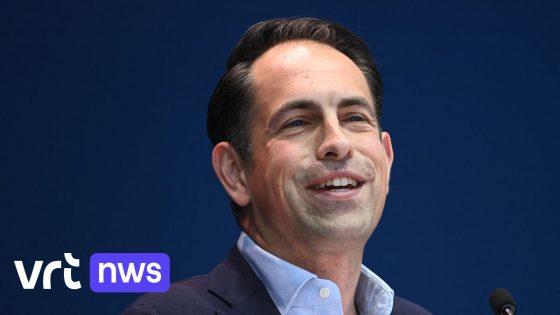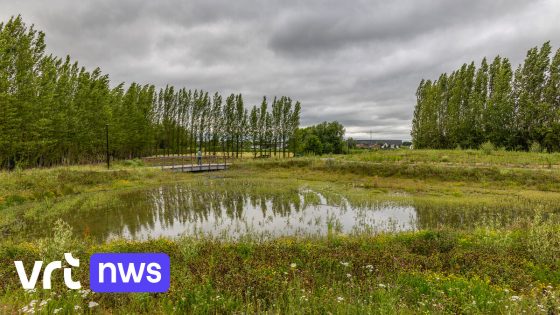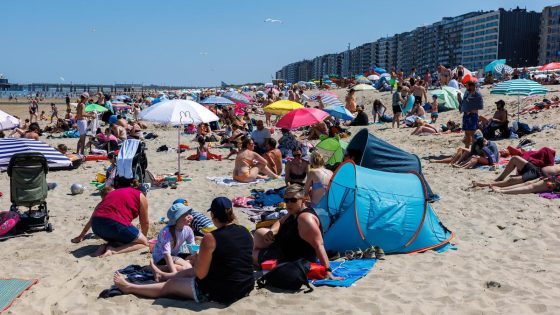Recent findings highlight a concerning level of E.coli bacteria in the grachten and waterways of Bonheiden. This issue, uncovered by the citizen-led Watermonsters research, points to significant pollution in local waters. As of 2025-07-16 09:07:00, the data reveals ongoing challenges with water quality in this Belgian municipality.
- High E.coli levels found in Bonheiden waters
- Citizen research highlights water contamination issue
- Untreated household wastewater pollutes local canals
- Natuurpunt urges increased water purification efforts
- Alternative purification methods suggested beyond sewers
Natuurpunt, a prominent environmental organisation, attributes the contamination primarily to untreated household wastewater entering the grachten. This means faecal matter is directly polluting these water bodies, posing health and ecological risks. How can Bonheiden effectively tackle this persistent problem?
With calls for enhanced water purification efforts growing louder, Natuurpunt suggests solutions beyond traditional sewer systems. What alternative methods could the municipality explore to safeguard its waterways?
Why is untreated wastewater still entering Bonheiden’s waterways despite modern infrastructure? This raises questions about current water management strategies and local enforcement. Key points to consider include:
- Many homes still discharge wastewater directly into grachten without treatment.
- Traditional sewer expansion may not be the only or best solution.
- Alternative purification technologies could reduce bacterial contamination.
- Community involvement in monitoring water quality is vital for progress.
Moving forward, Bonheiden must prioritise sustainable water purification strategies and community engagement to restore the health of its grachten. Will the municipality embrace new technologies and policies to ensure cleaner waterways for all residents?



